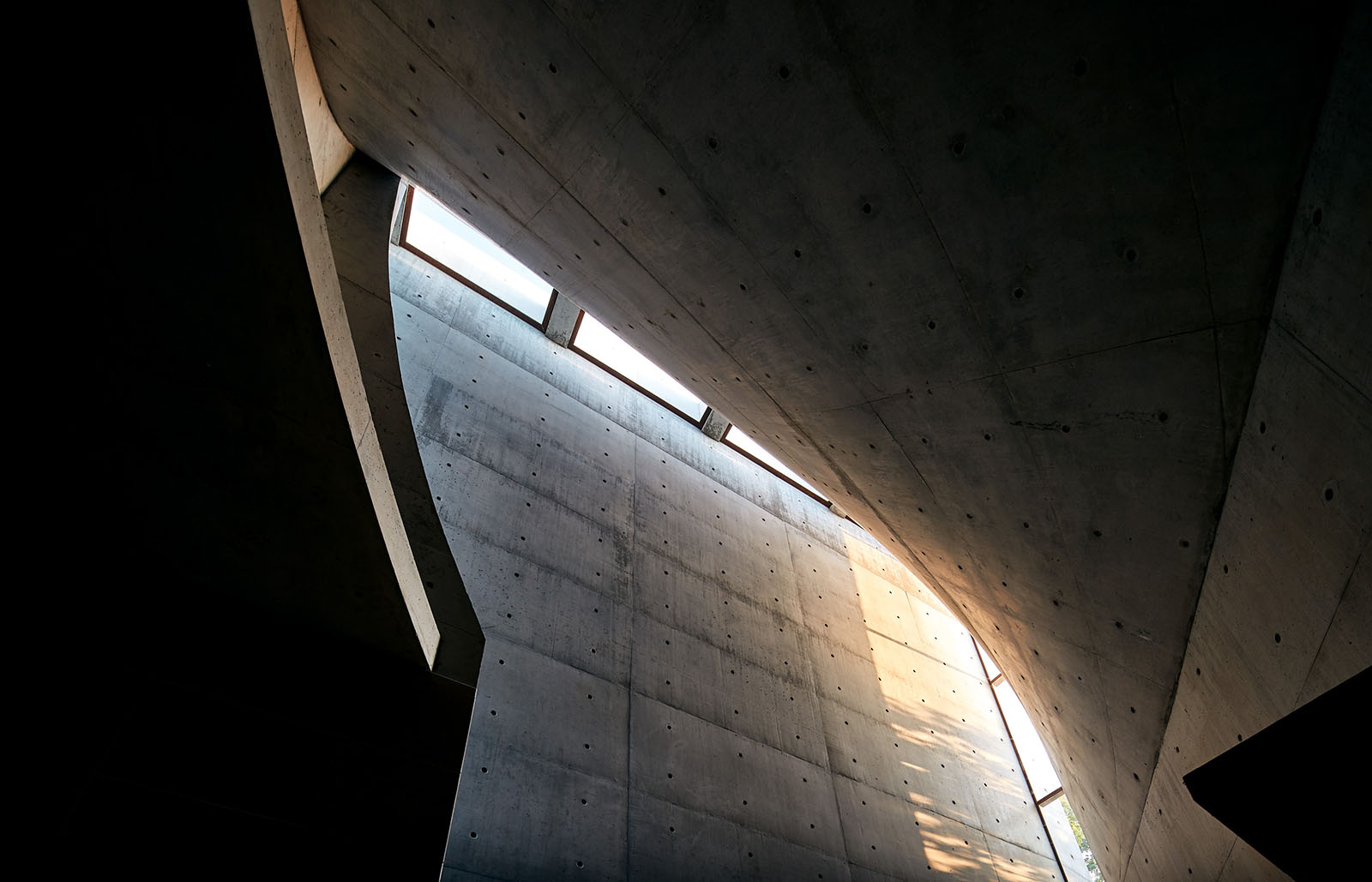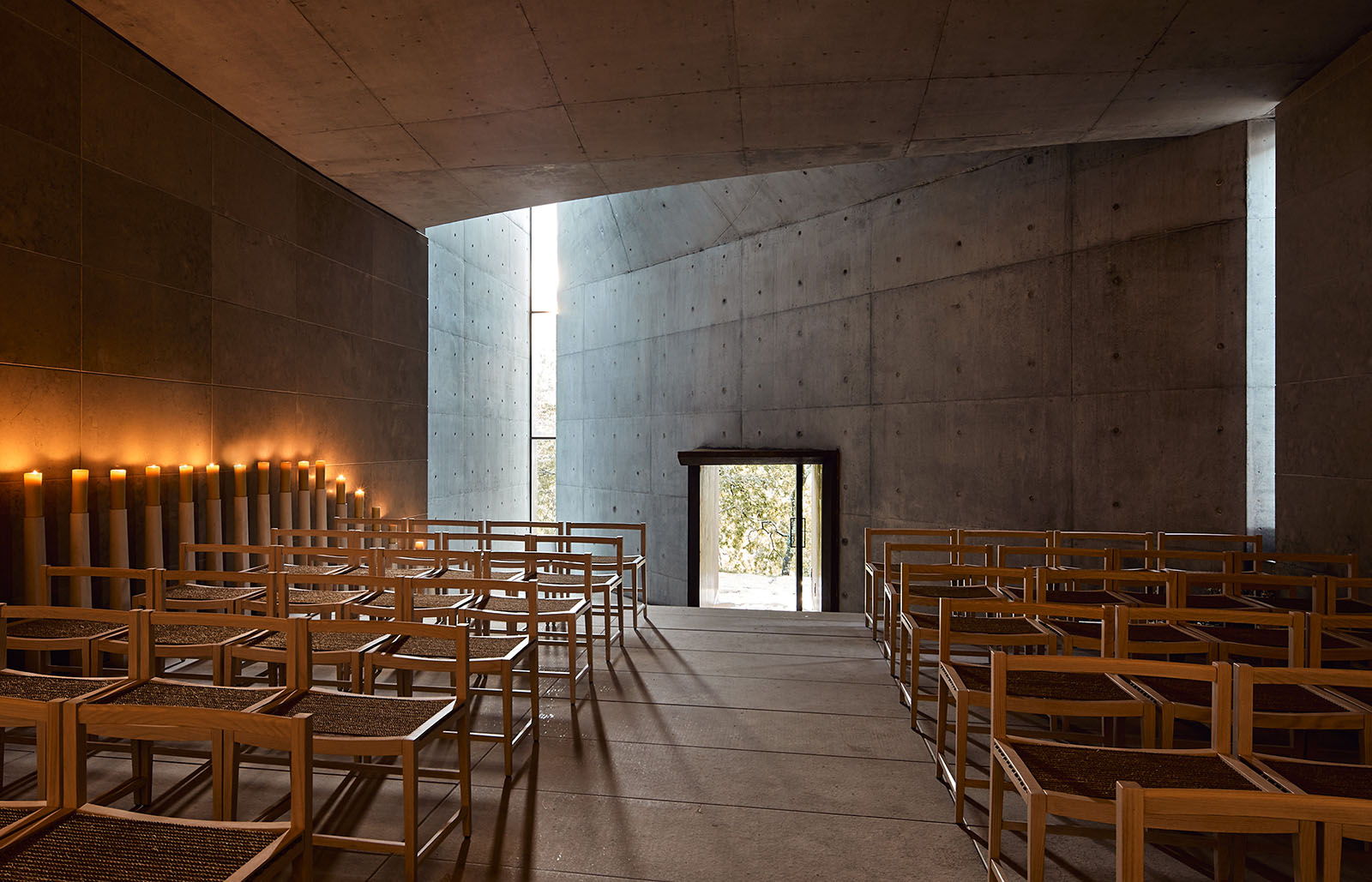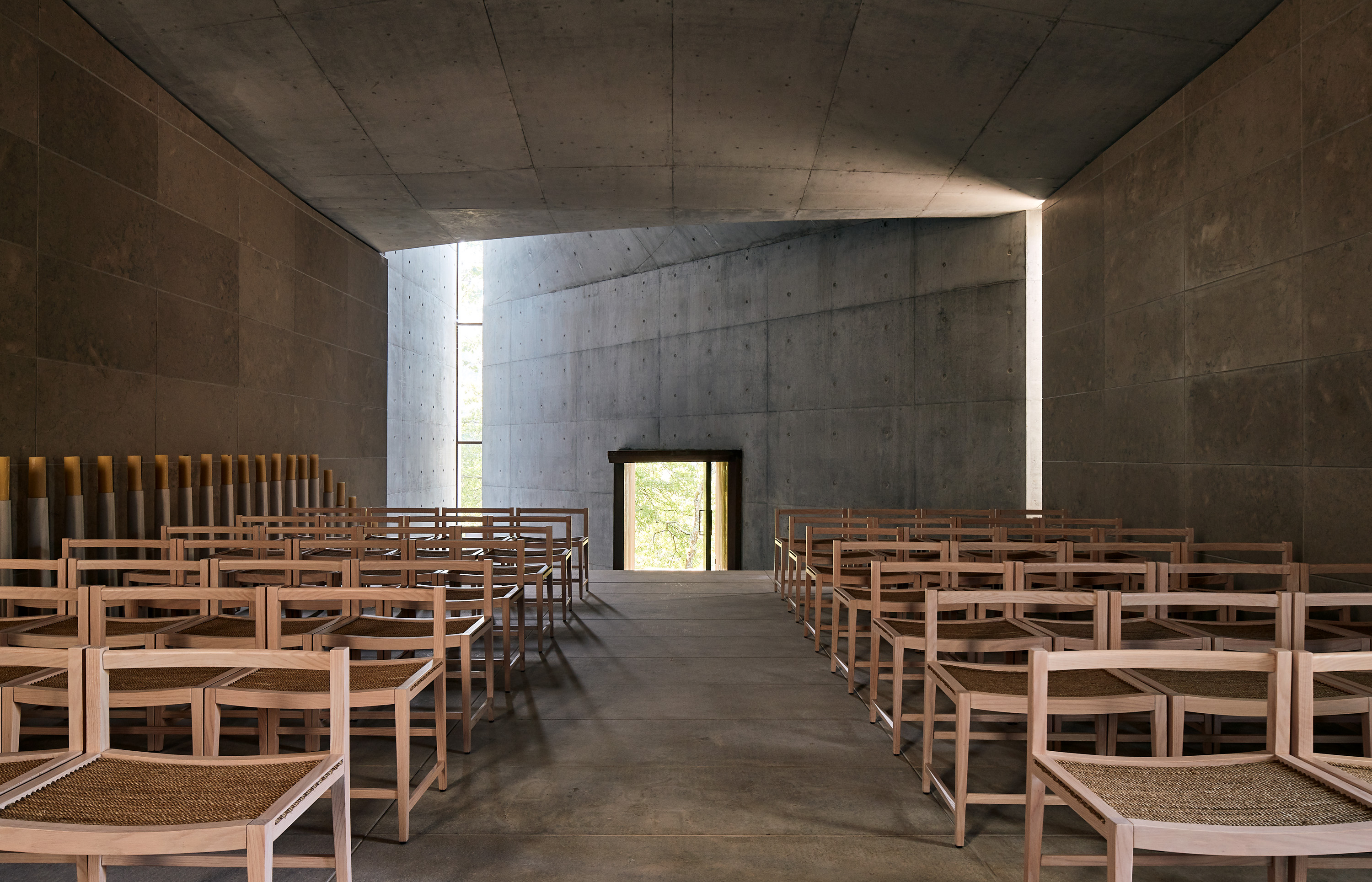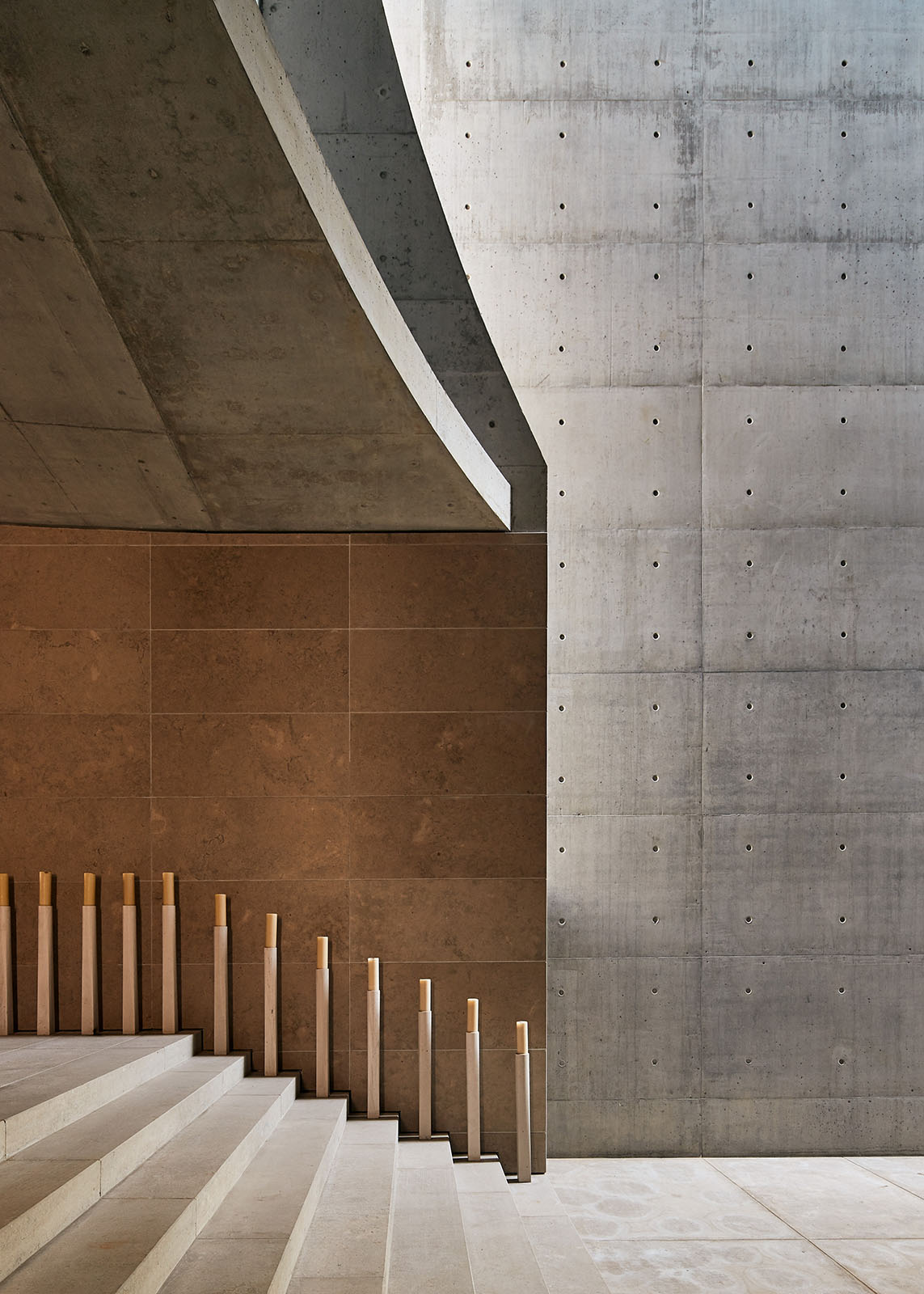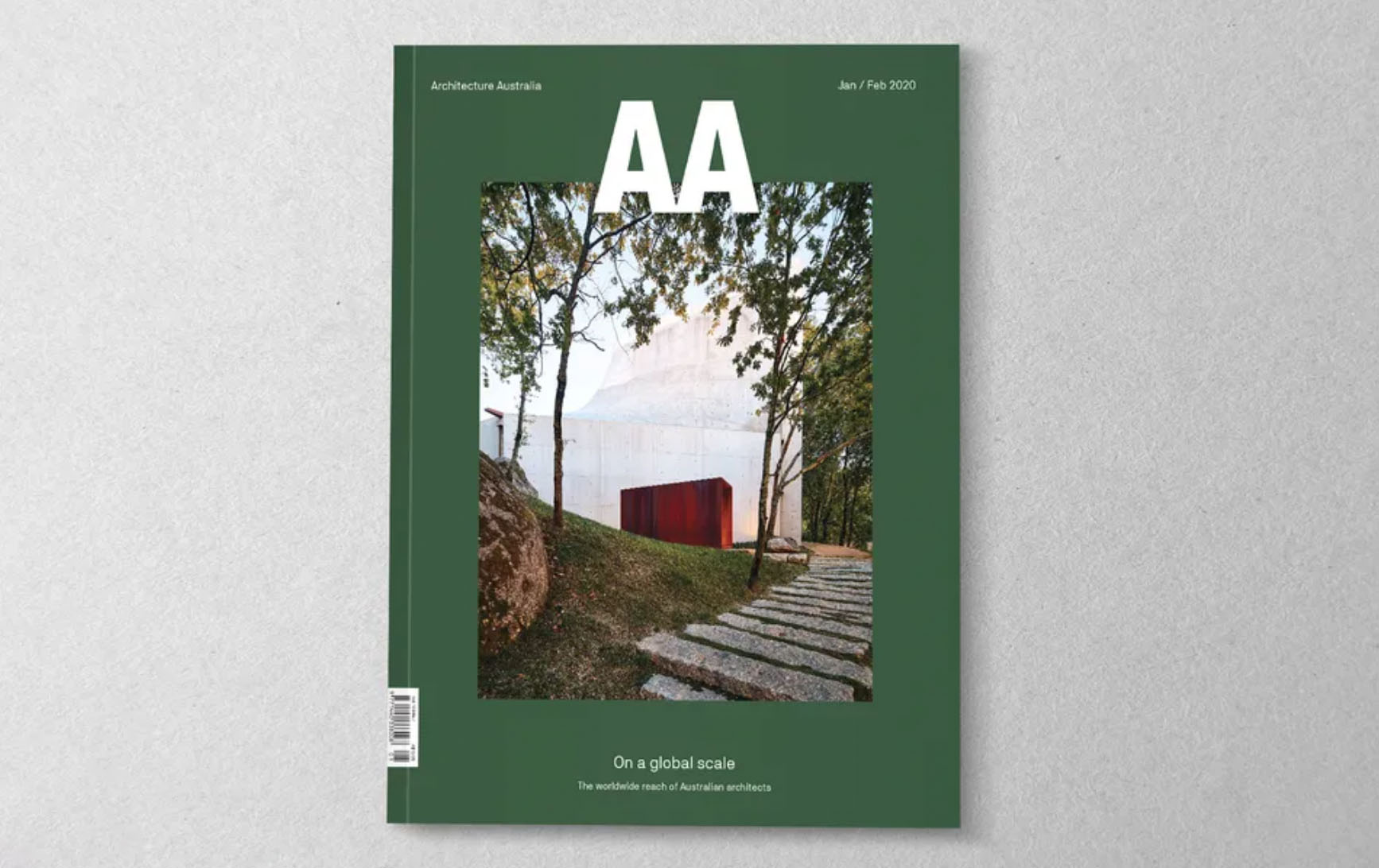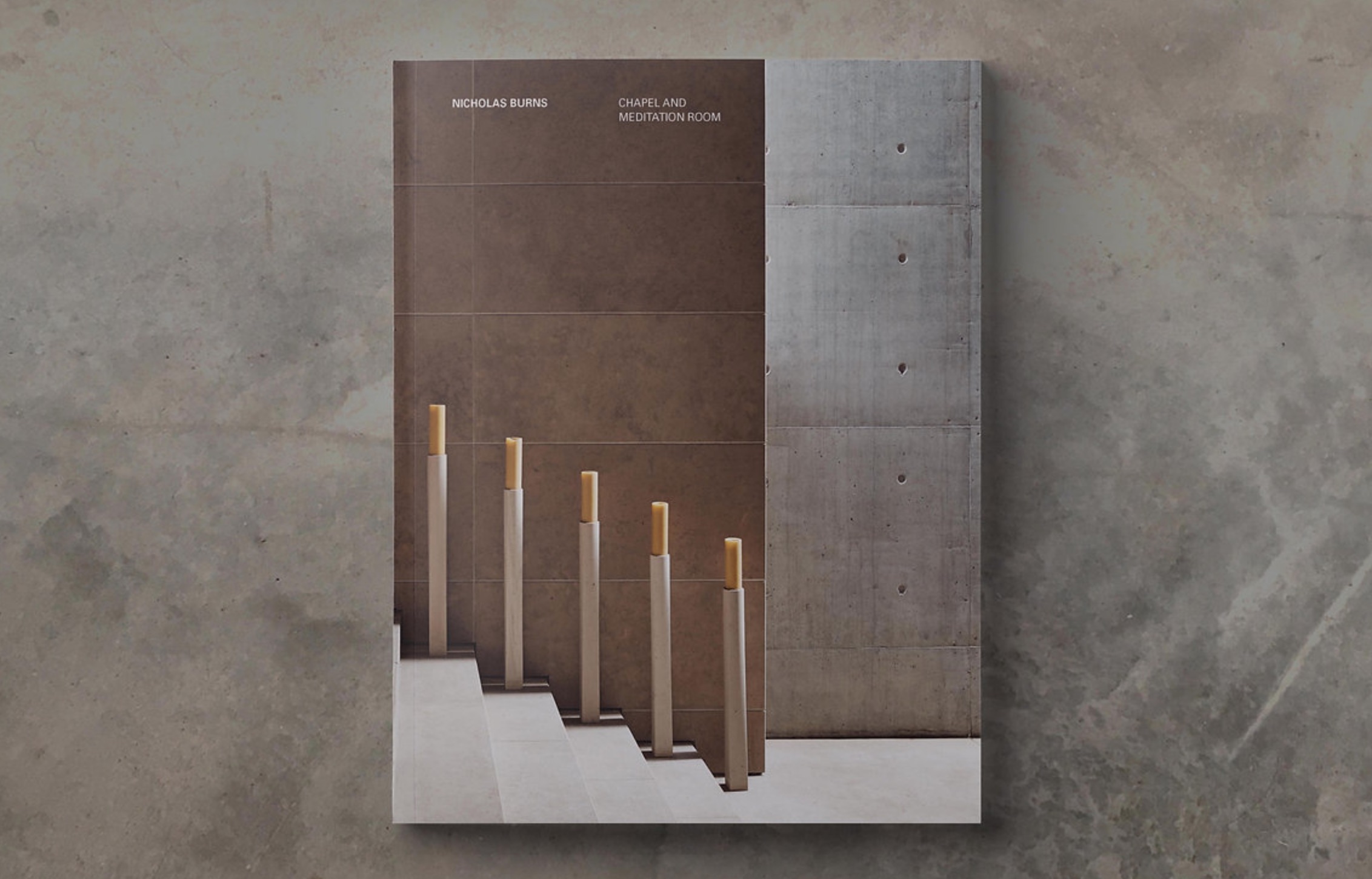Chapel and Meditation Room
Portugal
photography: peter bennetts
text: michael tawa
Archdaily
Architecture Australia
World Architecture
Designboom
DezeenLifestyling
c3magazine
C+A Magazine
Amagpublisher
Nicholas Burns Chapel and Meditation Room
“One of the initial intents was that it wasn’t a religious building, as such.
It started as a spiritual refuge; yet now it has a religious component to it.”
“The project stands on a hill inside a thirty-hectare private estate, overlooking a denser urbanisation down in the valley and the many green hills around it, air was crisp and frequently fog laden during mysterious mornings, fast-moving fog that enveloped rocks and trees. The resulting undulating light patterns swayed gently in the soft grass, and walking the rough-cut granite path up to the chapel awakened all your senses: “sense of time”, “sense of seasons” and “sense of place” as “the elemental things that are important for people to feel naturally deeper within themselves, rather than an aesthetic that is more the rational response to experience.”


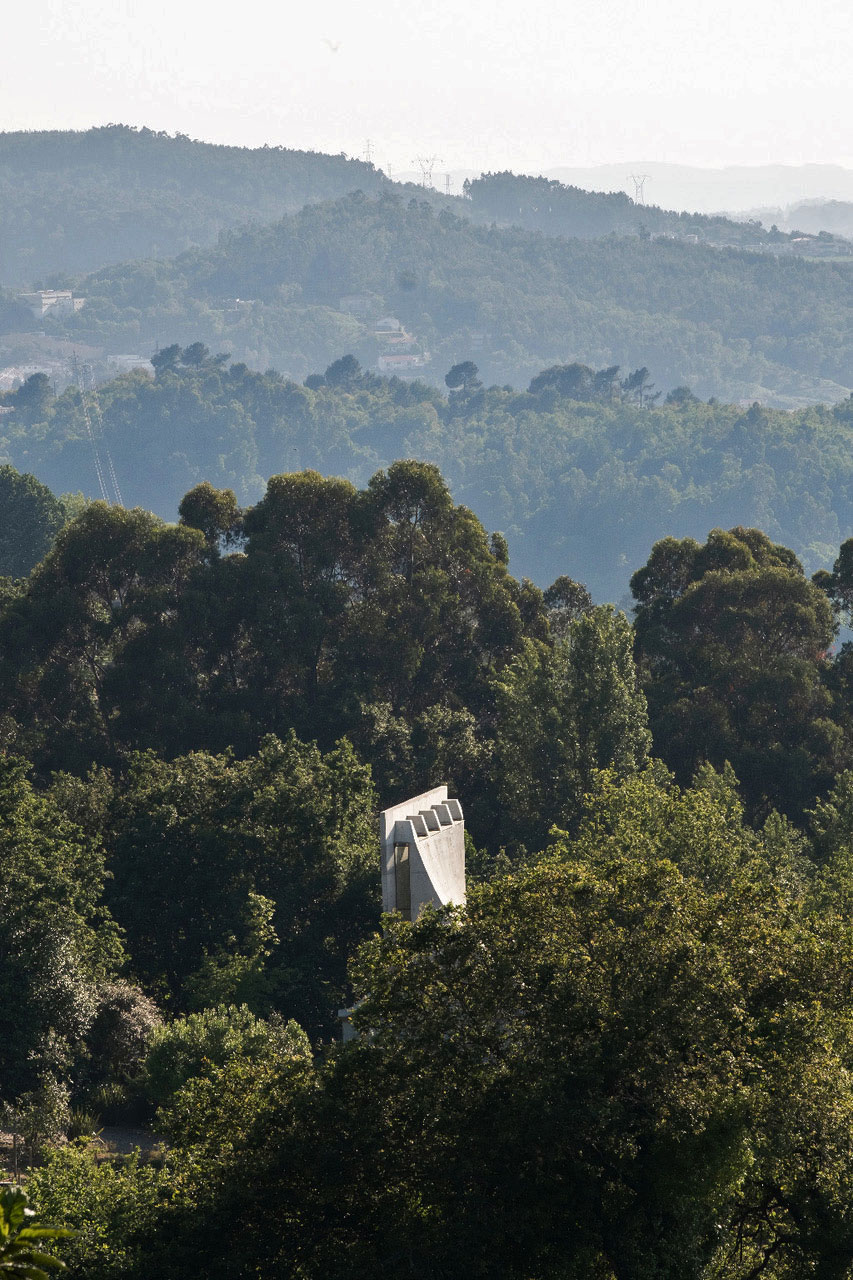
“This siting strategy is advantageous — in the multiple senses of the word: to advance, to improve and to profit from. Significantly, both the site and the chapel benefit.”
“The building gathers the surrounding context into the knoll, amplifying its centralizing and structural role of withholding and stabilizing the topographical declination towards the Ave.”
The Chapel gains in presence by the way it magnifies the knoll and puts the grove f trees around it into silhouete and relief against the high ridge behind: a modest parallel to the way the great stupa of Borobudur in Central Java — symbolically the cosmic mountain and pillar Meru — collects and anchors the circumscribing ring of mountains. As at Borobudur, this Chapel charges and activates its setting, and is in turn charged and activated by it.
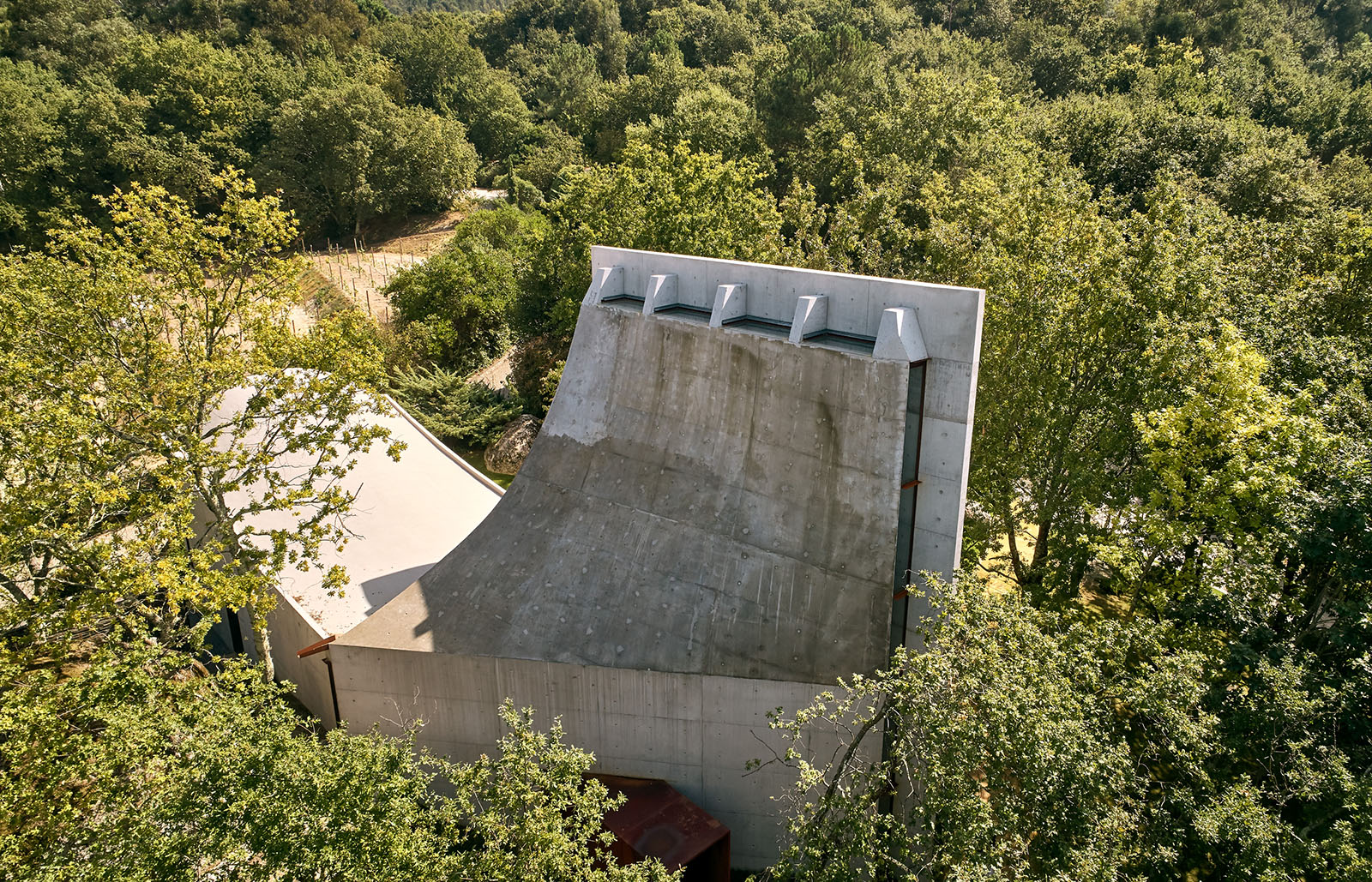

“Among multple possibilities, Burns settled on just this knoll. Its power lay in how it seemed to strengthen the landscape by gathering it, by collecting its potential in one place, then radiating that potential in a manner inexhaustible.”

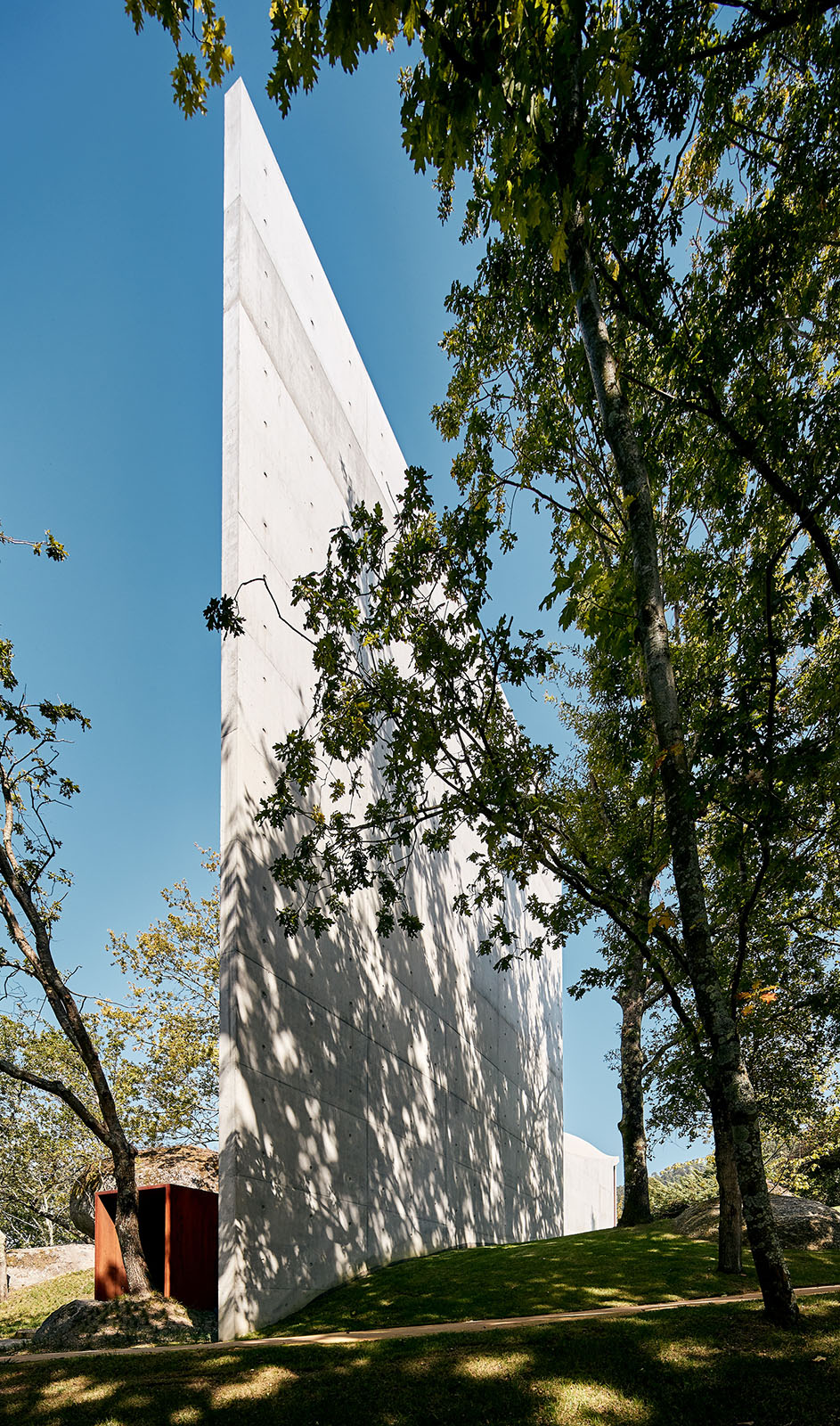



As with the concept of `borrowing views' in Chinese and Japanese landscape design, here the Chapel might borrow, or capitalise on, the innate strength and propensity of this site, turning it to advantage, refracting it inwards to charge the space of the Chapel, illuminating the experience of being within its embrace.


